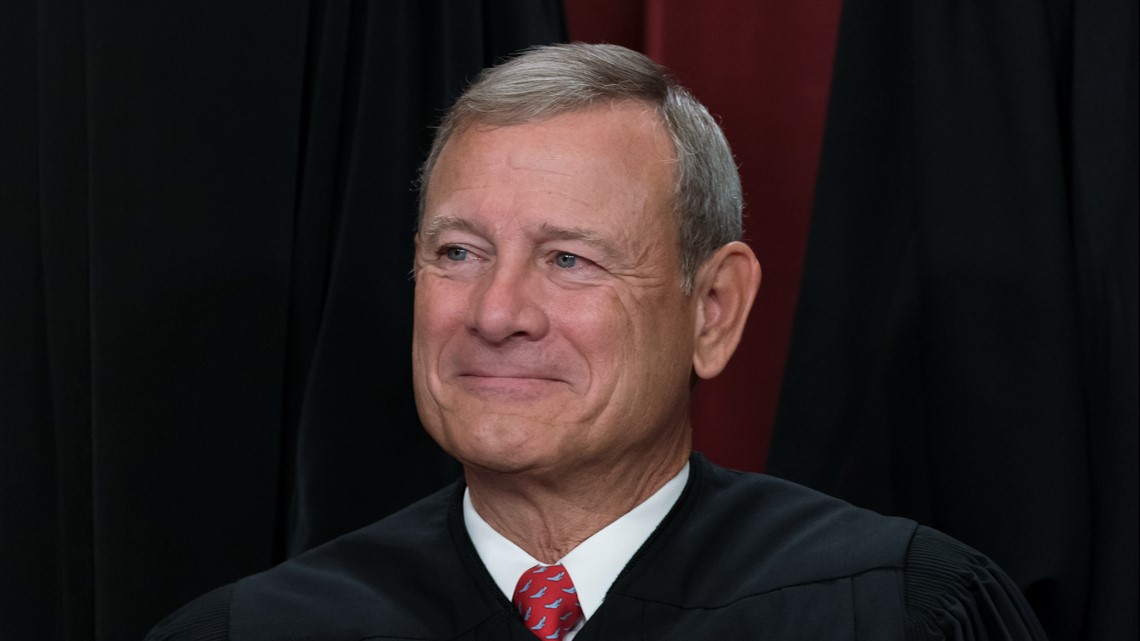The chief justice of the Supreme Court traditionally reads the oath of office to the incoming president, but the vice president has more flexibility.
WASHINGTON — The chief justice of the Supreme Court traditionally administers the oath of office to the incoming president, while the vice president has more flexibility in choosing who reads their oath, according to historical records.
For the vice president’s swearing-in ceremony, which occurs just before the president takes their oath on Inauguration Day, the choice has varied throughout American history.
Since World War II, vice presidents have had a choice in who administers their oath. Until 1937, the vice president typically recited the oath in the Senate chamber in a more intimate ceremony separate from the president’s public swearing-in.
While the president pro tempore of the Senate administered the oath to early vice presidents like John Adams, Thomas Jefferson and Aaron Burr, modern vice presidents typically choose personal friends or associates to perform the honor.
Who will swear in President-elect Trump?
Since the nation’s founding, the chief justice of the Supreme Court has traditionally performed this duty. Chief Justice John Roberts will read the presidential oath of office to President-elect Donald Trump just as he did in 2017.
The presidential oath of office is specifically set forth in the U.S. Constitution:
“I do solemnly swear (or affirm) that I will faithfully execute the Office of President of the United States, and will to the best of my ability, preserve, protect and defend the Constitution of the United States.”


Who will read the oath of office to Vice President-elect Vance?
Supreme Court Justice Brett Kavanaugh will read the oath of office to incoming Vice President JD Vance on Inauguration Day.
The Vice President-elect’s wife, Usha Vance, clerked for Kavanaugh when he was a judge on the U.S. Court of Appeals’ D.C. Circuit.
The Vice President will repeat the same oath as U.S. senators and representatives:
“I do solemnly swear (or affirm) that I will support and defend the Constitution of the United States against all enemies, foreign and domestic; that I will bear true faith and allegiance to the same; that I take this obligation freely, without any mental reservation or purpose of evasion; and that I will well and faithfully discharge the duties of the office on which I am about to enter: So help me God.”